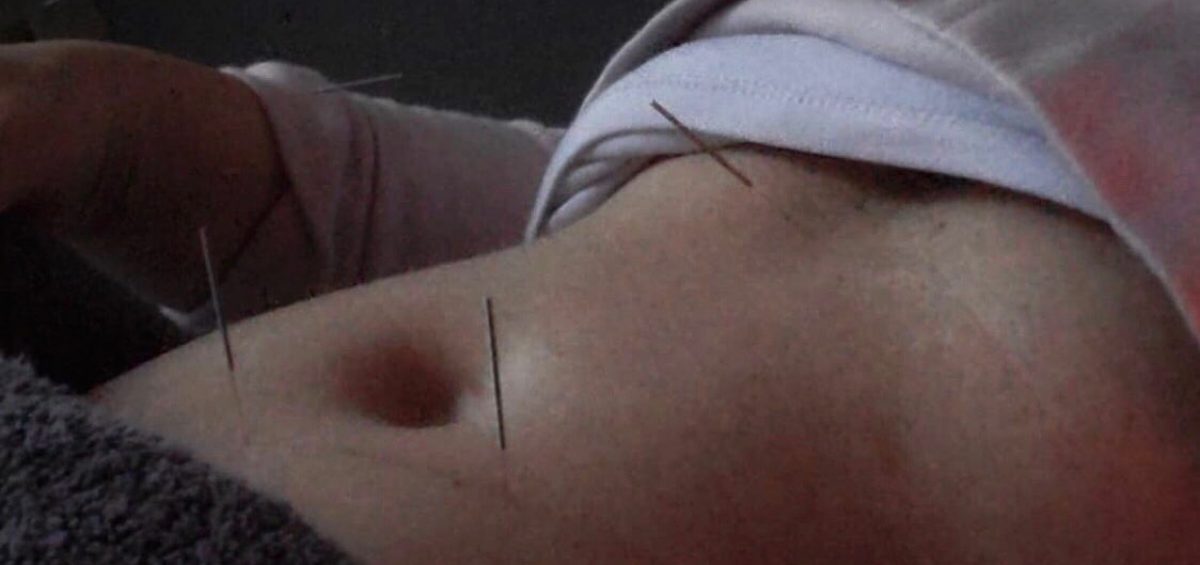Despite its recent discovery in the United States, alpha-gal syndrome has affected thousands of peoples’ lives. Characterized by an allergy to red meat, alpha-gal syndrome is believed to be caused by the bite of lone star ticks. Once bitten, a sugar molecule called alpha-gal enters the body. In a period of months, some people will experience mild to severe allergic reactions to red meat. Others appear to be virtually immune. Keep reading to learn about symptoms, prevention, and treatment for alpha-gal syndrome.
Symptoms of Alpha-Gal Syndrome
Unlike many common food allergies, alpha-gal syndrome can take a while to manifest symptoms. According to scientists at the Mayo Clinic, reactions usually occur 3-6 months after you’re bitten. This can make it difficult to connect the dots, especially if you don’t know what you’re looking for!
A reaction will initially occur within minutes or hours after consuming red meat, such as pork, lamb, beef, organ meats, or even gelatin and sometimes dairy products. Symptoms are varied, including shortness of breath, runny nose, facial and body swelling, hives, itching, headaches, lightheadedness, rapid pulse, and even severe anaphylaxis. If you experience any of these symptoms, you should seek medical consultation.
Risk Factors and Prevention
Living in the southern/southeastern/eastern United States is a preliminary risk factor, as lone star ticks mainly populate these regions. Furthermore, if you spend lots of time outside, have multiple tick bites, or have certain mast cell abnormalities your risk is higher.
The best form of prevention is reducing your risk of tick exposure. This includes wearing layered clothing when spending time outdoors, such as long pants, high socks, and hats, applying bug spray, checking yourself often for ticks, removing ticks as soon as you find them, and tick-proofing your yard (removing wood/leaf piles, mowing the grass, and general maintenance can help). Although ticks can be hard to avoid, preventative measures can certainly help.
Treatment for Alpha-Gal Syndrome
Although some over-the-counter antihistamine medications may reduce the symptoms of alpha-gal, there’s no official cure for the disease. However, Soliman Auricular Allergy Treatment is about as close as you can get.
Soliman Auricular Allergy Treatment (SAAT) is a fairly new acupuncture treatment that appears to effectively treat allergies, regardless of their origin, by 80-95%. The placement of several small needles in the ear can reprogram the body’s immune response to the alpha-gal sugar molecule. In a matter of weeks, the allergy can be completely eliminated unless reinfected by another tick bite.
Dr. Nader Soliman, the developer of SAAT protocol, found that in over 10 years of practice, there was no known reoccurrence of the same allergy reported. SAAT is simple, highly effective, and non-invasive. If you’ve have alpha-gal syndrome, or suffer from any allergies for that matter, consider looking into SAAT treatment.
If you are interested in trying SAAT in the Louisville, Kentucky-area, for relief from alpha-gal syndrome or some other type of allergy, contact Lindsay Matthews, LAC of River City Wellness. Lindsay completed training and certification in Soliman Auricular Allergy Treatment under the direction of Dr. Nadar Soliman, and she has successfully treated many clients using this technique. For additional information or to schedule an appointment, call: (502) 822-0626 or send an email to: [email protected].

